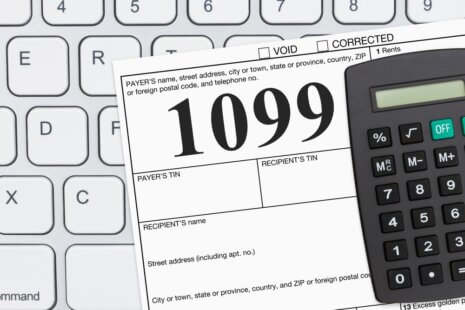To succeed in accounting, you need a combination of technical, analytical, and interpersonal skills.
Here’s a breakdown of the essential skills required for accounting…
1. Technical Accounting Knowledge – Understanding accounting principles, concepts, and standards is fundamental. This includes knowledge of double-entry bookkeeping, financial statement preparation, tax laws, auditing standards, and relevant accounting software.
2. Numerical Proficiency – Strong mathematical skills are essential for performing calculations, analyzing financial data, and preparing accurate financial statements.
3. Analytical Skills – Accountants need to analyze financial data to identify trends, anomalies, and insights. Analytical skills help in interpreting financial information, conducting financial analysis, and making informed business decisions.
4. Attention to Detail – Accounting requires a high level of accuracy and attention to detail. Being able to spot errors, discrepancies, and inconsistencies in financial records is critical for maintaining the integrity of financial information.
5. Problem-Solving Abilities – Accountants encounter complex financial issues and challenges that require problem-solving skills. Being able to identify problems, evaluate alternative solutions, and implement effective resolutions is essential in accounting.
6. Computer Proficiency – Proficiency in accounting software, spreadsheet applications (e.g., Microsoft Excel), and other relevant tools is essential for data analysis, financial reporting, and automation of accounting processes.
7. Communication Skills – Effective communication skills are necessary for conveying financial information clearly and concisely to stakeholders. Accountants need to communicate with colleagues, clients, managers, and other stakeholders, both verbally and in writing.
8. Ethical Standards – Upholding ethical standards and integrity is paramount in accounting. Accountants must adhere to ethical principles, maintain confidentiality, and ensure compliance with relevant laws and regulations.
9. Time Management – Managing multiple tasks, deadlines, and priorities is common in accounting roles. Strong time management skills help in prioritizing tasks, meeting deadlines, and managing workload efficiently.
10. Continuous Learning – Accounting is a dynamic field with evolving regulations, technologies, and best practices. Continuous learning and professional development are necessary to stay updated on industry trends, expand skills, and advance in your career.
By developing and honing these skills, you’ll be well-equipped to excel in various accounting roles, whether in public accounting, corporate accounting, government accounting, or another specialized area within the field.




